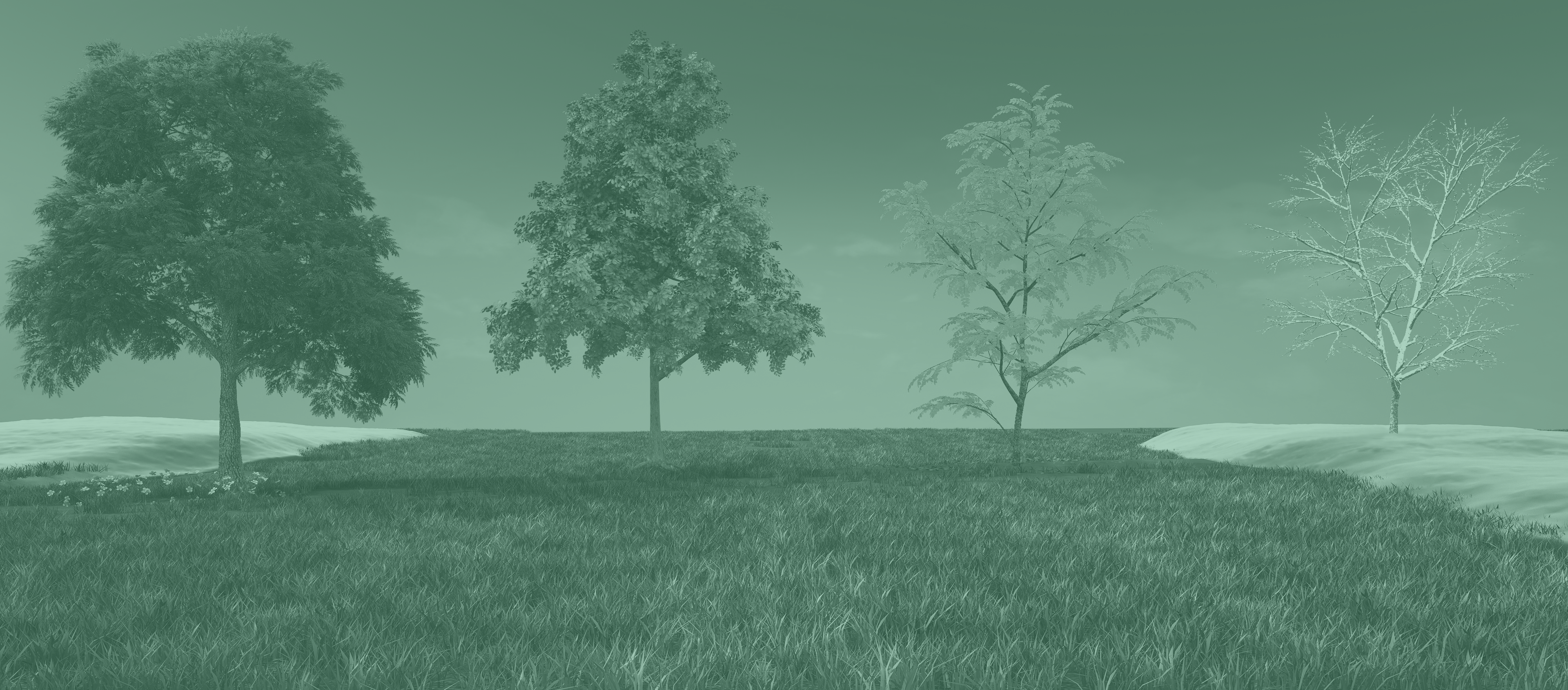Seasonal changes remind me of the different phases of recovery, whether from alcoholism, a stroke, or other life-altering challenges. Drawing parallels between the natural seasons and personal growth and healing, each season uniquely contributes to our recovery.
Spring: New Beginnings
Spring symbolizes new beginnings and a fresh start. In recovery, this season represents our initial burst of hope after enduring the darkness of our struggles. It’s a period marked by the planting of seeds—literal and metaphorical—which, although fragile, hold the promise of growth. In recovery groups, whether for stroke survivors, sobriety, or vestibular disorders, simply showing up can plant these seeds of hope and change.
Summer: Growth
As we transition into summer, we shift to nurturing these seeds and fostering growth through active participation in recovery. This is the phase where the real work happens. In sobriety, for instance, this involves working the steps, engaging with a sponsor, and finding resonance in the experience, strength, and hope shared by others in support groups. It’s a vibrant time of strengthening, where the initial hopes of spring begin to take form and the benefits of hard work start to become evident.
Fall: Rewards
Fall is a season of harvest, symbolizing the rewards of our efforts in recovery. It’s a reflective time of gratitude and stability where we have enough to help others and be of service to the greater support community. The sharing of personal journeys fortifies our own recovery and extends support to those who have just begun their recovery path.
Winter: Reflection
Winter, representing the toughest season, is a period of introspection and can be a time that we resort to isolation. It’s a critical time to reflect on resurfacing from past struggles. However, it’s also a reminder of the temporary nature of seasons. The tools we load into our recovery toolbox throughout the year help navigate this period. This is a time when the practice of picking up the phone staying connected surfaces as muscle memory, even when it’s most difficult, and can save us from a deep decline in mental health.
The cyclical nature of seasons assures us that feelings aren’t permanent. Just as winter eventually gives way to spring, there is a solution to the challenges we face in recovery.
This metaphor of seasons conveys the value and impact of perseverance, hope, and the continuous cycle of renewal and recovery. Just as the seasons change, our experiences in recovery may ebb and flow, but each phase is necessary and brings us closer to acceptance, joy, and serenity.

